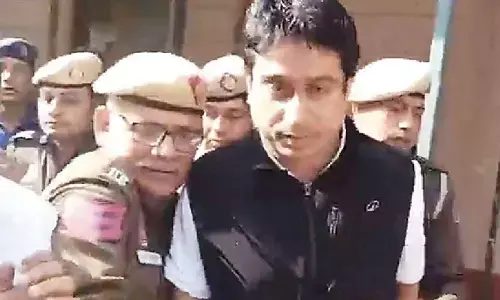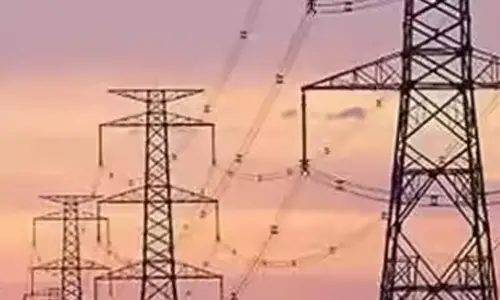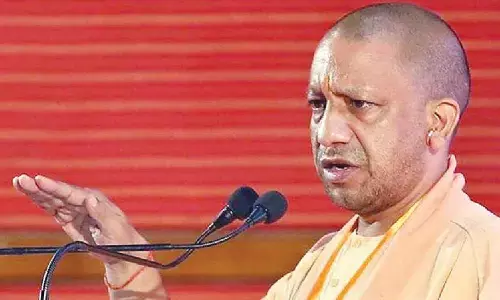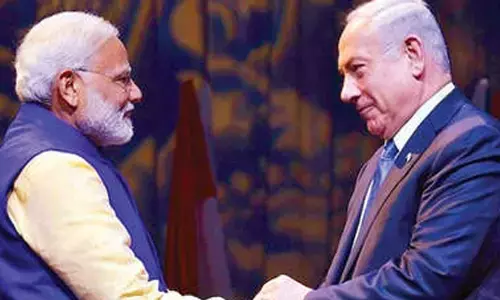LMV licence holders can drive light transport vehicles, reiterates SC
Share :
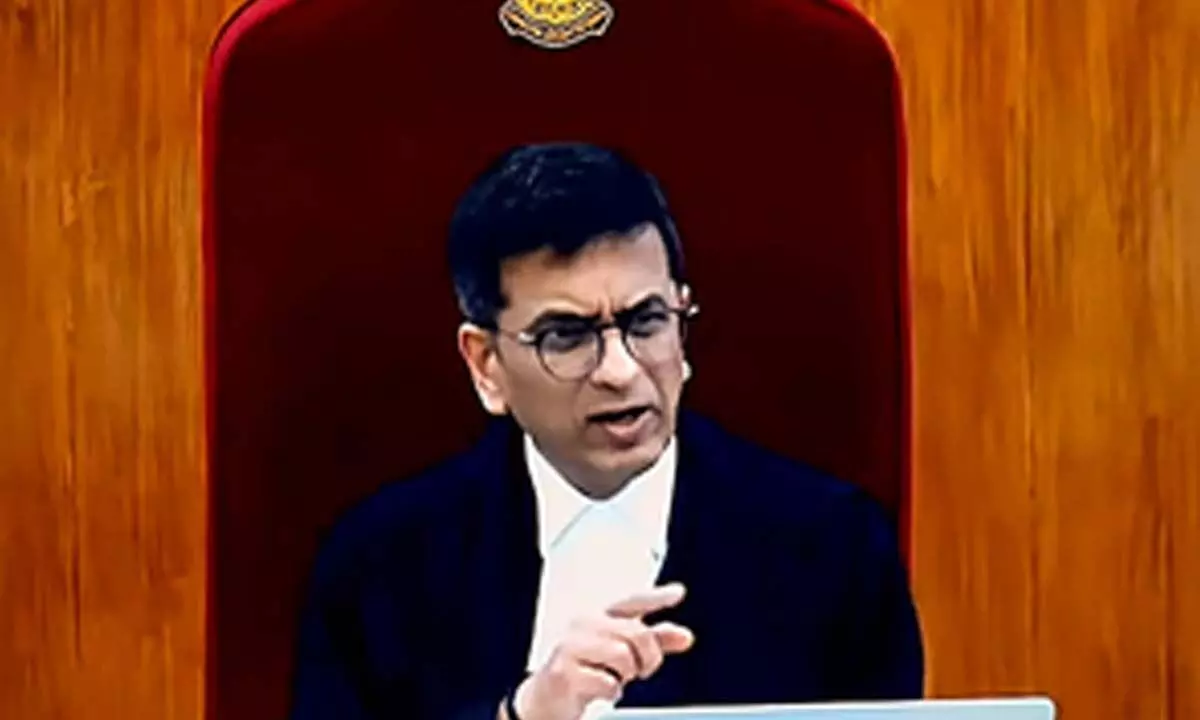
The Supreme Court on Wednesday reiterated that Light Motor Vehicle (LMV) licence holders do not require any separate endorsement to drive a transport vehicle of the LMV class.
New Delhi: The Supreme Court on Wednesday reiterated that Light Motor Vehicle (LMV) licence holders do not require any separate endorsement to drive a transport vehicle of the LMV class.
A five-judge Constitution Bench headed by the Chief Justice of India (CJI) D.Y. Chandrachud said that the licensing regime under the Motor Vehicles Act, 1988 and the rules framed thereunder, when read as a whole, does not provide for a separate endorsement for operating a transport vehicle, if a driver already holds a LMV licence.
The CJI Chandrachud-led Bench clarified that the exceptions carved out by the legislature for special vehicles like e-carts and e-rickshaws, or vehicles carrying hazardous goods, will remain unaffected by its decision.
It said that the additional eligibility criteria as specified in the Motor Vehicles Act, 1988 and rules framed thereunder will apply only to medium/heavy goods and passenger vehicles having gross weight above 7,500 Kg, adding that transport vehicle in the licensing scheme has to be understood only in the context of the medium/heavy vehicles.
In substance, the Constitution Bench, also comprising Justices Hrishikesh Roy, P.S. Narasimha, Pankaj Mithal, and Manoj Misra, held that a driver holding a LMV licence can operate a transport vehicle without needing additional authorisation.
“For licensing purposes, LMVs and Transport Vehicles are not entirely separate classes. An overlap exists between the two. The special eligibility requirements will however continue to apply for, inter alia, e-carts, e- rickshaws, and vehicles carrying hazardous goods,” it said.
The five-judge Constitution Bench was seized of the reference where the correctness of the decision of a three-judge Bench in the Mukund Dewangan judgment has been doubted.
The 2017 Mukund Dewangan judgment had held that the need for a transport licence would arise in the case of medium/heavy goods and passenger vehicles only, adding that no other vehicle will require any separate endorsement, even if they are used for commercial purposes.
In other words, a holder of an LMV licence would not require any separate endorsement for commercial usage of LMVs like cars, vans, etc.
The Centre issued notifications and brought amendments to the Motor Vehicles Rules to bring them in conformity with the above judgment of the Supreme Court.
The 2017 judgment gave rise to various disputes over payment of claims by insurance companies in accident cases involving transport vehicles being driven by those having licences to drive LMVs and the matter was re-agitated at their instance.
In March 2022, a Bench headed by Justice U.U. Lalit (now retired) held that certain provisions of the Motor Vehicles Act were not noticed by the top court in its 2017 Mukund Dewangan decision and the issue needs to be re-visited by a five-judge Constitution Bench.
Now, the Constitution upheld the 2017 Mukund Dewangan judgment and refused to term the previous ruling “per incuriam” even if certain provisions of the Motor Vehicles Act and rules were not considered.
In the course of the oral hearing, CJI Chandrachud had remarked that the issue in question was not plainly "about interpreting law" but involved the "social impact of law" as well.
The Constitution Bench had asked the Union government to consider the impact on lakhs of people across the country who are engaged in driving commercial vehicles on the basis of the judgment in the Dewangan case as they will be "completely put out of their livelihood".
It had made repeated emphasis that the Union government should review the entirety of the position and then take an appropriate call.

